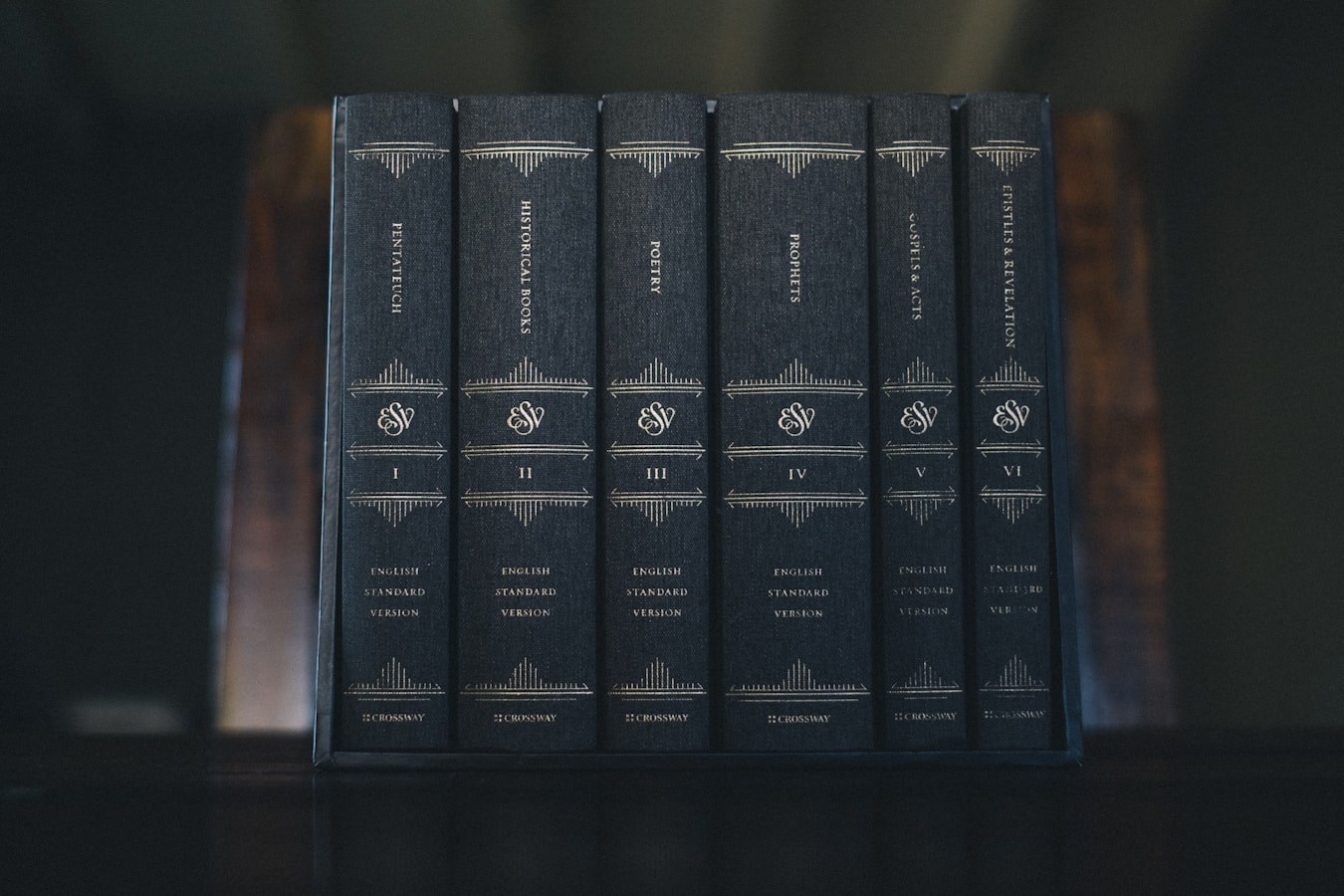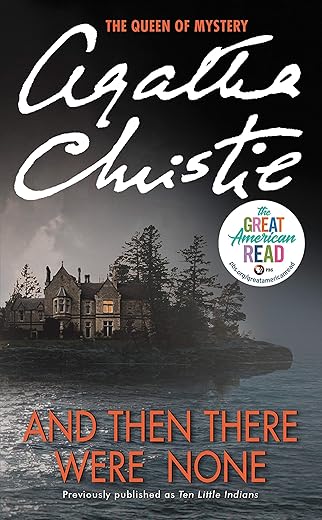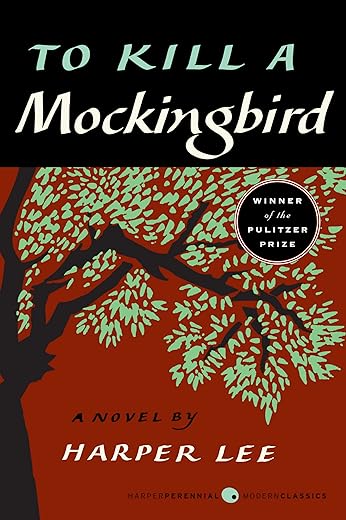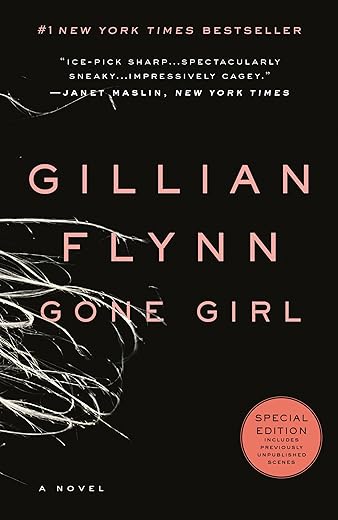Read every series in the right order
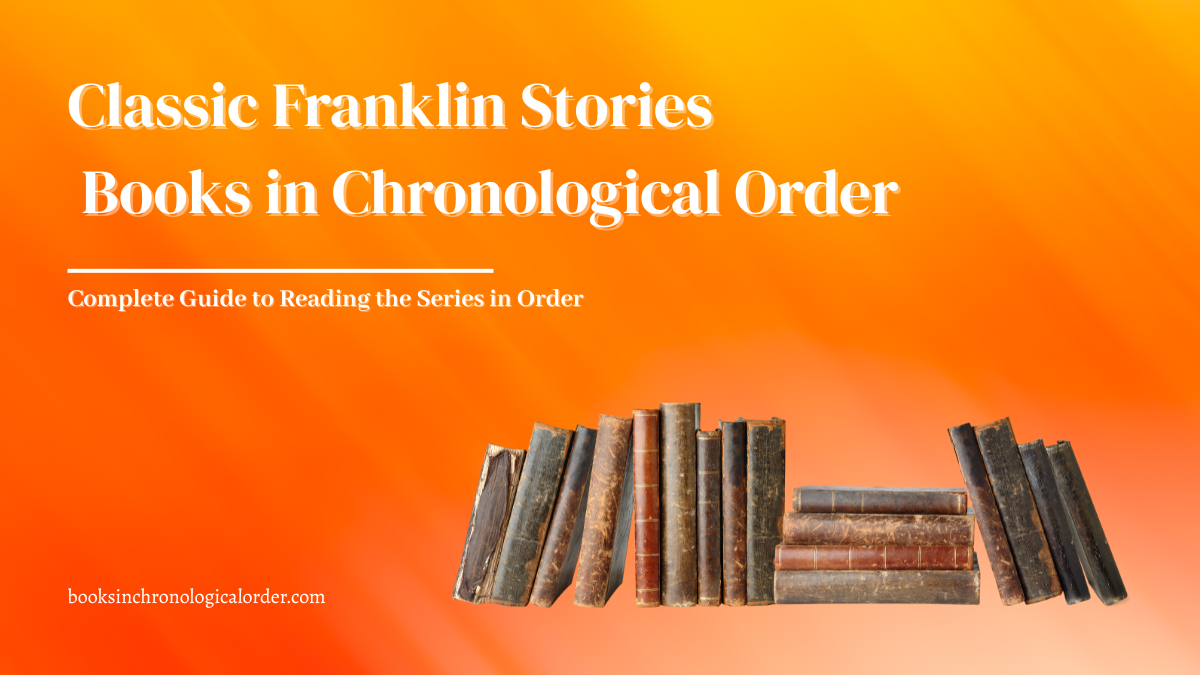
Classic Franklin Stories Books in Chronological Order – Complete Reading Guide




Table of Contents
Quick Answer (TL;DR)
If you want Classic Franklin Stories Books in Chronological Order, read them in a gentle “growing up” sequence that mirrors a child’s milestones rather than strict publication dates. Start with Franklin in the Dark (fears & bravery), then move into school (e.g., Franklin Goes to School), friendship (Franklin’s New Friend), responsibility (Franklin Is Messy, Franklin Plays the Game), and big-feelings days (Franklin’s Bad Day, Franklin and the Thunderstorm), sprinkling holiday and special-event titles throughout the year. This order keeps the cozy, confidence-building arc that makes Franklin a classroom and bedtime staple.
Introduction
There’s a reason families and teachers keep coming back to Franklin’s leafy neighborhood: these stories see the world exactly where young readers stand—at the edge of a new skill, a tricky feeling, or a first big day. The Classic Franklin Stories (written by Paulette Bourgeois and illustrated by Brenda Clark) model courage, kindness, and do-overs with a soft humor that never talks down to kids.
This librarian-curated guide from Books in Chronological Order organizes Classic Franklin Stories Books in Chronological Order along a child-development path (fears → school → friends → responsibility → community → traditions). You’ll also get quick facts, bookshop-ready tables, a “no-spoilers” glance at titles with Amazon buy links, detailed blurbs, and a handy timeline for weaving Franklin into your home or classroom year.
Quick Facts
| Item | Details |
|---|---|
| Series | Classic Franklin Stories (Picture books) |
| Primary creators | Paulette Bourgeois (author), Brenda Clark (illustrator) |
| Core trim / pages | 24–32 pp. typical (picture book) |
| Total reading time | 7–10 minutes aloud per title (standard pace) |
| Reading difficulty | Easy (K–2 read-aloud; emerging readers can echo-read or chime refrains) |
| Genres | Children’s picture books; social-emotional learning; everyday adventures |
| Content notes | Gentle treatment of fears (dark, storms), separation jitters (school, hospital), sports frustration, fibbing & fixes, seasonal celebrations |
| Ideal age range | 3–7 for read-aloud; 5–8 for early independent |
| Media adaptations | TV: Franklin (1997–2004), Franklin and Friends (2011–2013). Films: Franklin and the Green Knight (2000), Franklin’s Magic Christmas (2001), Back to School with Franklin (2003), Franklin and the Turtle Lake Treasure (2006). |
| Best entry points | Franklin in the Dark; Franklin Goes to School; Franklin Rides a Bike |
| Library tip | Mix “skills” (bike, rules) with “feelings” (bad day, thunderstorm) and “festive” (Valentines, Halloween, Christmas) for a balanced storytime year. |
About the Classic Franklin Stories Book Series
Franklin made his debut in Franklin in the Dark (1986), a tender parable about fear and bravery. From there, the series tracks Franklin and his friends (Bear, Beaver, Fox, Snail, Goose, Moose, and more) through small but mighty moments: a first day of school, a stormy afternoon, a fib that gets too big, or the art of not being so… bossy. The art by Brenda Clark is key: soft color, expressive faces, and cozy landscapes that keep tension low and warmth high.
Because most titles are episodic, families often ask for Classic Franklin Stories Books in Chronological Order. There isn’t a strict in-world timeline (these are slice-of-life adventures), so the most useful “chronology” is developmental: begin with emotional safety, add school and friendship, then build toward responsibility, community, and traditions. That’s the structure we recommend below.
Classic Franklin Stories Books at a Glance
Note: Availability and formats vary by market. Use the “Buy” shortcuts to jump to Amazon search results for each title/format.
| # | Title | Primary Themes | Amazon Link |
|---|---|---|---|
| 1 | Franklin in the Dark | Fear of dark; bravery | Buy On Amazon |
| 2 | Franklin Goes to School | First day jitters | Buy On Amazon |
| 3 | Franklin Rides a Bike | Learning a skill; persistence | Buy On Amazon |
| 4 | Franklin’s New Friend | Welcoming newcomers | Buy On Amazon |
| 5 | Franklin’s Neighborhood | Community & belonging | Buy On Amazon |
| 6 | Franklin’s Bad Day | Big feelings; coping | Buy On Amazon |
| 7 | Franklin and the Thunderstorm | Weather fears; science curiosity | Buy On Amazon |
| 8 | Franklin Fibs | Honesty & consequences | Buy On Amazon |
| 9 | Franklin Is Bossy | Playing fair; leadership | Buy On Amazon |
| 10 | Franklin Is Messy | Responsibility; tidying | Buy On Amazon |
| 11 | Finders Keepers for Franklin | Integrity; returning lost things | Buy On Amazon |
| 12 | Franklin’s Secret Club | Inclusion; empathy | Buy On Amazon |
| 13 | Franklin’s School Play | Stage fright; teamwork | Buy On Amazon |
| 14 | Franklin’s Class Trip | Museum day; curiosity | Buy On Amazon |
| 15 | Franklin and the Tooth Fairy | Differences; feeling left out | Buy On Amazon |
| 16 | Franklin Has a Sleepover | Sleepaway jitters; friendship | Buy On Amazon |
| 17 | Franklin Plays the Game | Teamwork; effort | Buy On Amazon |
| 18 | Franklin Wants a Pet | Readiness; care | Buy On Amazon |
| 19 | Franklin Is Lost | Safety; asking for help | Buy On Amazon |
| 20 | Hurry Up, Franklin | Time awareness; patience | Buy On Amazon |
| 21 | Franklin’s Blanket | Comfort objects; transitions | Buy On Amazon |
| 22 | Franklin’s Valentines | Kindness; friendship | Buy On Amazon |
| 23 | Franklin’s Halloween | Costumes; courage | Buy On Amazon |
| 24 | Franklin’s Thanksgiving | Gratitude; family | Buy On Amazon |
| 25 | Franklin’s Christmas Gift | Generosity; giving | Buy On Amazon |
| 26 | Franklin Goes to the Hospital | Medical anxiety; resilience | Buy On Amazon |
| 27 | Franklin’s Baby Sister | New sibling; sharing attention | Buy On Amazon |
| 28 | Franklin and Harriet | Sibling bonding | Buy On Amazon |
| 29 | Franklin Says “I Love You” | Affection; acts of service | Buy On Amazon |
Classic Franklin Stories Books in Chronological Order
Below is a practical, parent-tested “chronology” that scaffolds confidence and community. It’s the most helpful way to experience Classic Franklin Stories Books in Chronological Order with pre-K–2 readers.
- Franklin in the Dark
Franklin’s most famous fear—afraid of the dark… in his own shell—becomes a gentle tour of how everyone has something scary. The ending models reframing and brave micro-steps; perfect first read. - Franklin Goes to School
First-day jitters framed with the reassuring rituals kids love (school supplies! bus! teacher!). Pairs beautifully with a classroom visit or orientation day. - Franklin Rides a Bike
The wobble-to-wow journey. A masterclass in growth mindset: practice, patience, and celebrating small wins. - Franklin’s New Friend
A new classmate (Moose) looks big and different—until Franklin discovers common ground. Great for welcoming new students and talking about “buddy” programs. - Franklin’s Neighborhood
Franklin tries to draw his “favorite place” and realizes it’s people that make a place special. A sweet gateway to mapping your neighborhood. - Franklin and the Thunderstorm
A stormy afternoon becomes a science-curious, giggle-breaking de-escalation of thunder fear. Include a lightning-safety mini-lesson for bonus points. - Franklin’s Bad Day
When a day tilts sour, Franklin’s friends help him name and navigate feelings. Model phrases like “It’s okay to have a bad day.” - Franklin Fibs
A tall tale (“I can swallow 76 flies!”) grows unwieldy. Clear, kind consequences and repair—ideal for “truth-telling” conversations. - Franklin Is Bossy
“My game, my rules” turns into “no one wants to play.” Leadership without steamrolling—and the art of taking turns choosing. - Franklin Is Messy
Lost treasures under a messy pile. Families love the very Franklin solution: tidy together, label, and keep play alive. - Finders Keepers for Franklin
Franklin finds a camera and learns the long, satisfying path of returning something. Builds empathy and community trust. - Franklin’s Secret Club
Limited-space hideout, unlimited hurt feelings. Inclusion, rotating membership, and how to fix exclusion with kindness. - Franklin’s School Play
Stage fright melts with practice and teamwork. Pair with any school performance or family “talent night.” - Franklin’s Class Trip
Museum day! Nervous about dinosaurs, excited about everything else; curiosity ultimately wins. Great pre-field-trip read. - Franklin and the Tooth Fairy
“I don’t have teeth—will I miss out?” A thoughtful take on differences and fairness that validates all experiences. - Franklin Has a Sleepover
Sleepaway jitters; the magic of having a “plan if it’s hard.” Perfect before first campouts or friend sleepovers. - Franklin Plays the Game
Team sports, missed goals, and collective improvement. Skill grows when the team grows. - Hurry Up, Franklin
The dawdle-and-dash dance. Gentle structure for mornings and transitions (“first-then” boards, two-minute warnings). - Franklin Is Lost
A brief separation story handled with calm and clear safety steps (stay put; find a helper). - Franklin Wants a Pet
“Am I ready?” models responsibility checklists (feeding, habitat, time). Good pre-pet family talk. - Franklin’s Blanket
Comfort objects and the emotions around misplacing them—a classic “find, fix, feel better.” - Franklin’s Valentines
Lost valentines, found kindness. Classrooms love this for February reciprocity and inclusive card exchanges. - Franklin’s Halloween
Spooky sillies, costume courage, and the social fun of dress-up. - Franklin’s Thanksgiving
Gratitude and gathering; the season’s simplest reminder to say “thank you.” - Franklin’s Christmas Gift
Franklin learns giving thoughtfully can feel bigger than getting. A natural launch for toy/book drives. - Franklin Goes to the Hospital
A cracked shell means X-rays, gowns, and brave breaths. Pairs with doctor kits and pre-op tours. - Franklin’s Baby Sister
New-sibling swirl—excitement, jealousy, help. A compassionate script for sharing parents’ attention. - Franklin and Harriet
Big-kid/little-kid negotiation with sweet payoffs; sibling patience in practice. - Franklin Says “I Love You”
The best gift might be breakfast in bed, a handmade card, or a hug. A heart-forward close to your Franklin cycle.
Series Timeline & Character Development
- Emotions first: Fear of dark and storms, bad days, stage fright—Franklin learns to name feelings, then act bravely.
- School & skills: First day, bike riding, plays, class trips—structured challenges with supportive adults.
- Friendship & fairness: New friends, secret clubs, bossiness, fibs—repair and inclusion are constant refrains.
- Responsibility: Tidying, shared rules, team play, pets—Franklin practices self-management and care.
- Community & traditions: Neighborhood pride and holiday giving knit the wider world around Franklin.
Across this arc, Franklin grows from a worry-prone little turtle into a confident friend who tries, errs, apologizes, and tries again—the SEL backbone families want.
Novels Sorted in Order of In-Universe Events
Picture books don’t track a rigid canonical timeline, but this “life-flow” sequence feels most natural in the Franklin world.
- Franklin in the Dark → 2. Franklin Goes to School → 3. Franklin Rides a Bike → 4. Franklin’s New Friend → 5. Franklin’s Neighborhood → 6. Franklin and the Thunderstorm → 7. Franklin’s Bad Day → 8. Franklin Fibs → 9. Franklin Is Bossy → 10. Franklin Is Messy → 11. Finders Keepers for Franklin → 12. Franklin’s Secret Club → 13. Franklin’s School Play → 14. Franklin’s Class Trip → 15. Franklin and the Tooth Fairy → 16. Franklin Has a Sleepover → 17. Franklin Plays the Game → 18. Hurry Up, Franklin → 19. Franklin Is Lost → 20. Franklin Wants a Pet → 21. Franklin’s Blanket → 22. Franklin’s Valentines → 23. Franklin’s Halloween → 24. Franklin’s Thanksgiving → 25. Franklin’s Christmas Gift → 26. Franklin Goes to the Hospital → 27. Franklin’s Baby Sister → 28. Franklin and Harriet → 29. Franklin Says “I Love You.”
Novels Sorted in Order of Publication (selected highlights)
- 1986–1993: Franklin in the Dark; Hurry Up, Franklin; Franklin Fibs; Franklin Is Lost; Franklin Is Bossy
- 1994–1997: Franklin Is Messy; Franklin Plays the Game; Franklin Wants a Pet; Franklin Goes to School; Franklin’s Blanket; Franklin and the Tooth Fairy; Franklin Has a Sleepover; Franklin’s Halloween; Franklin’s School Play; Franklin’s Bad Day; Franklin Rides a Bike; Franklin’s New Friend
- 1998–2002: Finders Keepers for Franklin; Franklin and the Thunderstorm; Franklin’s Valentines; Franklin’s Secret Club; Franklin’s Christmas Gift; Franklin’s Class Trip; Franklin’s Neighbourhood; Franklin Goes to the Hospital; Franklin’s Baby Sister; Franklin and Harriet; Franklin’s Thanksgiving; Franklin Says “I Love You”
Publication order is wonderful for collectors; developmental order is easier for young listeners.
Companion Works
Beyond the “Classic Storybook” line, Franklin’s world includes:
- TV Storybooks & leveled readers (adapted from episodes or simplified text).
- Board books for toddlers focusing on concepts (colors, shapes, first words).
- Activity & seasonal specials (stickers, crafts, holiday events).
Use companions for mixed-age groups or literacy centers—keep the Classic Storybooks as your read-aloud anchors.
Editions & Formats (hardcover, collector, audio)
- Hardcover (Classic Storybook): Best for keepsakes and library circulation.
- Paperback: Classroom sets and home libraries; durable enough for repeated reads.
- Board book editions: Toddler-friendly takes of select titles (shorter text).
- Anniversary/collector editions: e.g., Franklin in the Dark 25th Anniversary with archival letters/art—lovely gifts.
- Kindle/ebook: Great for travel; preserves color art.
- Audiobook / read-along video tie-ins: Useful for listening centers and ESL classrooms.
Why Read Classic Franklin Stories Books in Chronological Order?
Ordering Classic Franklin Stories Books in Chronological Order along a child’s milestones lets each book tee up the next challenge with confidence:
- Safety → bravery: “I can handle the dark” precedes “I can handle a first day.”
- Feelings → friendship: Naming a bad day makes fair play possible.
- Self-care → community care: Tidying, rule-following, and pet care generalize to kindness, gratitude, and giving.
The result is a cozy SEL curriculum wrapped in woodland charm—zero worksheets required.
Author Spotlight
Paulette Bourgeois (Author)
Before children’s books, Paulette Bourgeois worked as an occupational therapist and as a journalist in print and television. With Franklin in the Dark (1986), she captured a universal truth in a single, unforgettable image—a turtle afraid of the dark inside his own shell. Over 30 Franklin titles (many co-crafted with the incomparable Brenda Clark) followed, published worldwide and adopted widely for school curricula. Bourgeois lives in Toronto and continues to champion reading, kindness, and the ordinary heroics of childhood.
Brenda Clark (Illustrator)
Clark’s warm palette and expressive faces are half the magic. Her illustrations make Franklin’s world feel lived-in and safe—a place where a storm can rattle windows but not break trust, where a fib can sting but apologies heal. Her art invites emerging readers to “read” feelings on the page before they master every word.
Media Adaptations (films, TV, radio)
- Television
- Franklin (1997–2004): The classic animated series that carried the books’ tone straight to screen—quiet, friendly conflicts, gentle humor.
- Franklin and Friends (2011–2013): A CG revival with updated pacing for newer viewers while keeping the heart.
- Films / Specials
- Franklin and the Green Knight (2000)
- Franklin’s Magic Christmas (2001)
- Back to School with Franklin (2003)
- Franklin and the Turtle Lake Treasure (2006)
Use episodes to extend a book’s theme (e.g., hospital, storms, school play) and let kids compare “page vs. screen.”
Listen Franklin Theme Song :
FAQs
Is there a single official “chronology”?
Not canonically. These are episodic, so we built a developmental sequence that families and teachers find most effective.
Where should absolute beginners start?
Start with Franklin in the Dark, then choose either Franklin Goes to School (if school is new) or Franklin Rides a Bike (if a new skill is front-of-mind).
How often should we repeat favorites?
As often as your reader asks. Repetition builds fluency and emotional regulation—part of Franklin’s design.
Are these good for early independent reading?
Yes. The supportive art + short lines and high-frequency words make Classic Franklin perfect for echo reading and “you read/I read” turns.
Final Thoughts
Franklin’s pond is small, but it holds a whole childhood’s worth of courage, kindness, and community. By following Classic Franklin Stories Books in Chronological Order that mirrors real-life milestones, you build a safe bridge from first fears to first responsibilities—with plenty of fun along the way. Whether you’re a parent, educator, or librarian, a shelf of Franklin is a shelf full of soft landings and second chances.






